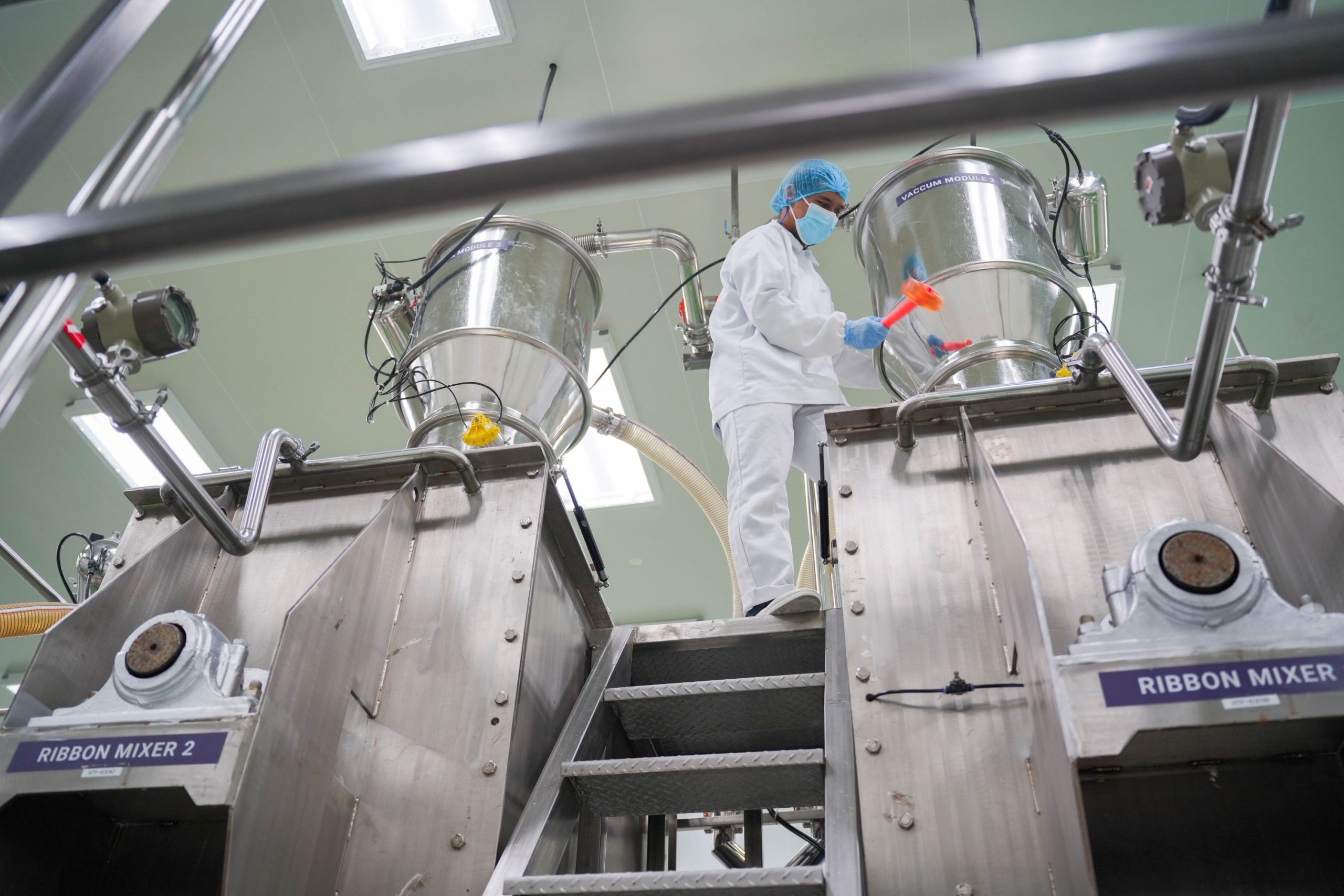Loob Holding, the parent company of Tealive, a prominent regional tea brand, has invested in a cutting-edge tapioca pearl plant in Malaysia valued at RM10 million, representing a strategic move upstream.
This initiative underscores Loob’s steadfast commitment to excellence, transformation, and innovation within the Malaysian and international beverage industry.
Founder and CEO Bryan Loo said the company believed in reinvesting locally to elevate Malaysia as a hub of excellence in the food and beverage sector. Acknowledging the support of Chinese partners, he emphasized the positive impact on foreign direct investment.
The newly commissioned one-acre tapioca pearl plant in Kapar, Selangor, reflects Tealive’s dedication to contributing to Malaysia’s economic growth and fostering breakthrough innovation in the beverage market.
Tealive’s focus on delivering the best customer experience through high-quality beverages, with tapioca pearls at the forefront, is evident in this bold step towards controlling the entire production process.
Loo highlighted the significance of the plant, which aligns seamlessly with Tealive’s pursuit of excellence, ensuring every sip reflects the pinnacle of quality and flavor. Future investments, such as a fully-automated packaging line set to be installed next year, further emphasize their commitment to advancing the industry.
With an impressive monthly capacity of 400 tonnes of pearls, the plant stands as one of the country’s largest. Loo shared the journey of the joint venture with partners Zhejiang Boduo International Trade Co Ltd and Shanghai Panfei International Trade Co Ltd, both long-standing supporters since Tealive’s inception in 2017.
Despite challenges posed by the pandemic, the plant, now operational, marks a significant achievement.
Loo outlined the initial idea to manufacture pearls in Malaysia, conceived two years into Tealive’s expansion, with the goal of exporting locally-made pearls globally. The current production is dedicated to Tealive’s use, but plans include ramping up production and exporting to other countries in the region, starting with the Philippines.
Loo expressed gratitude to Malaysian customers for supporting a home-grown brand, emphasising their crucial role in enabling Tealive to compete on the international stage.















